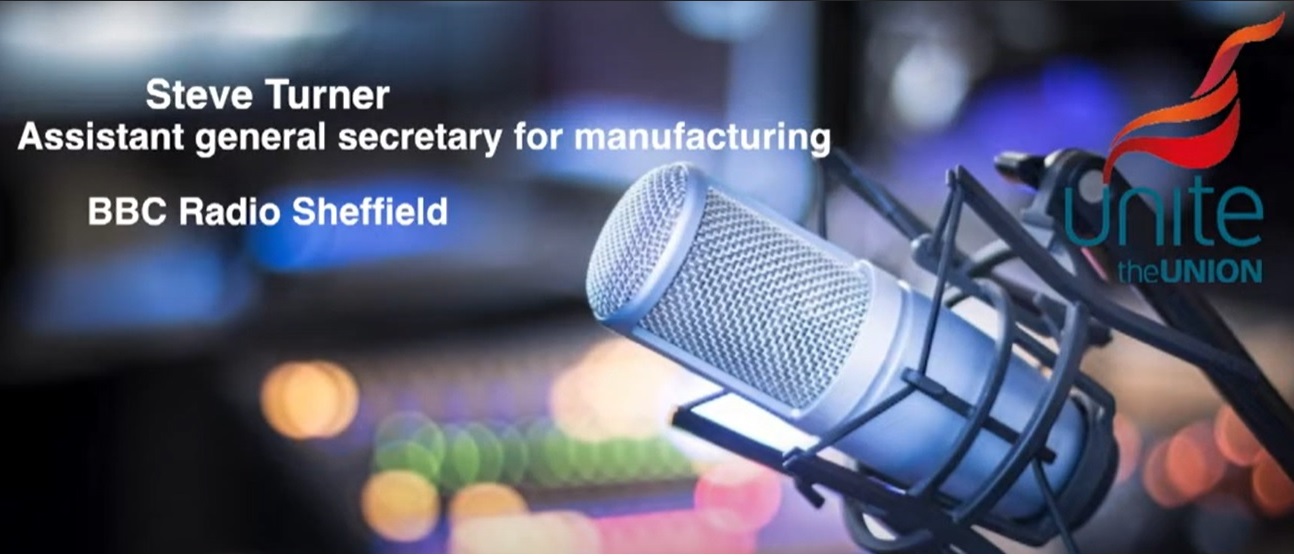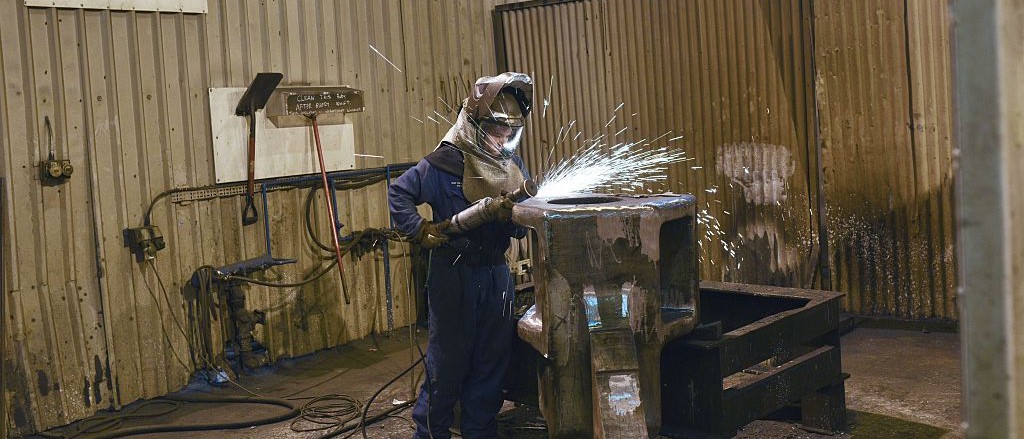‘Staggering’ complacency
The government today (June 21) refused to explain why it handed outsourcing firm Capita a contract to run Ministry of Defence (MoD) fire and rescue services despite the company being rated 10 out 10 in a financial risk assessment.
Labour MP for Leeds North East Fabian Hamilton put forward an urgent question today (June 21) in House of Commons asking why Capita – the troubled firm which issued a profit warning as recently as January and was forced to borrow over £700 million after racking up losses of £513 million last year  – was chosen to take on the 12-year £500m contract.
It was revealed yesterday (June 20) that the independent financial consultancy Company Watch had given Capita ’10 out 10’ — the highest level of financial risk in an assessment for the government two weeks before the MoD confirmed the contract on Tuesday (June 19). As part of the same assessment, Capita was given a 3 out of 100 â€health score’. A score of 25 or less is deemed to be in a red â€warning area’ of heightened vulnerability.
Responding to the urgent question, Tory MP and defence minister Tobias Ellwood highlighted that awarding the contract to Capita would improve safety and training – though he couldn’t explain exactly how – and he also highlighted that the outsourcing firm provided best value for money.
Track record
But Hamilton pointed out Capita’s poor track record running MoD contracts. The firm was stripped of its contract for running the military estate late last year only four years into a 10-year contract after a highly critical National Audit Office (NAO) report.
Capita also came under fire for bungling an MoD army recruitment contract – IT glitches and application delays caused thousands of would-be soldiers to drop out of the application process altogether at a time when the army is facing shortages of new recruits.
And contrary to the government’s claim that Capita delivers value for money, the company repeatedly missed savings targets on the recruitment contract – it delivered only £2.37m in savings in six years, well below government estimates of £104.3m.
Hamilton slammed the government for continuing to award contracts to a company with such a chequered past – especially in light of outsourcing firm Carillion’s collapse earlier this year which threw the public services it ran into chaos.
“Is it not time to accept that this government’s ideologically driven approach to outsourcing public services at any cost has simply failed?” Hamilton said.
The defence minister was grilled by MPs, who demanded to know why MoD fire services were being privatised in the first place, especially considering, for example, that even the US Department of Defence doesn’t privatise its own military fire services.
Workforce concerns
“They say that insanity is doing the same thing multiple times over and expecting different results,” noted Labour MP Paul Sweeny, while Labour MP David Drew asked for assurances over shift patterns for the current workforce, who are employed in both civilian and military roles and are responsible for ensuring the safety of military bases both in the UK and abroad. The workers also have to protect military equipment in war zones.
Hamilton, too, highlighted the concerns of the MoD fire services workforce affected by the contract decision, numbering about 2,000 people, many of whom Unite represents.
“A number of defence fire workers will be very worried indeed about this news,” he said. “The significance of the workforce, and the role they play in protecting MoD staff, their families and infrastructure cannot be overstated, both overseas and at home.”
Unite has highlighted that attempts to privatise MoD firefighters have been on-going for nearly a decade, which shows just how complex the process of outsourcing their services will be.
Unite national officer Jim Kennedy slammed the MoD’s decision to award the contract to Capita.
“The complacency displayed by government ministers is simply staggering,” he said. “There needs to be an investigation into how Capita can be awarded such a sensitive and important contract despite being graded the highest financial risk possible in the government’s own assessment.
“The award of this contact risks our defence and points to a government that is willing carry on with the outsourcing racket at all costs,” Kennedy added. “Ministers need to learn the lessons of the Carillion collapse and call time on the outsourcing gravy train that puts our public services at risk.”
 Like
Like Follow
Follow

